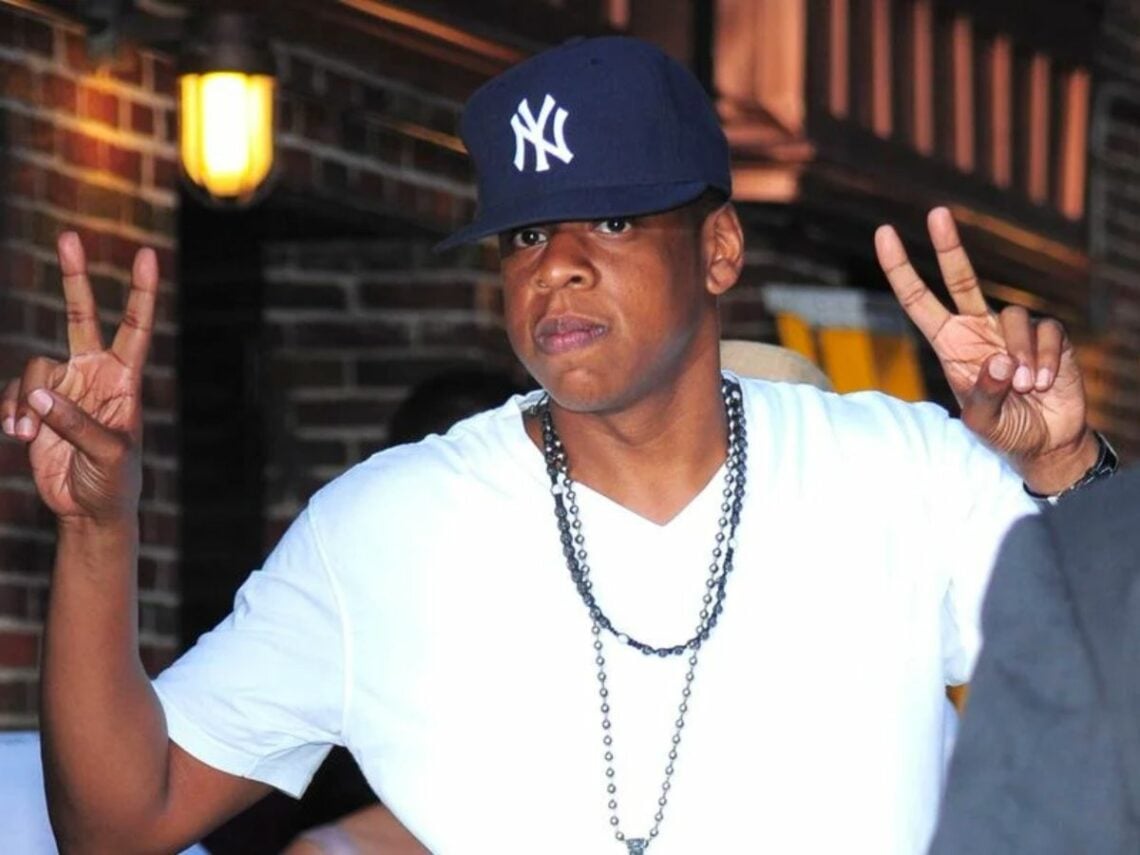Jay-Z had been around on New York’s underground hip-hop scene long before becoming a household name in the industry. Born and raised in the Marcy Houses of the Bedford-Stuyvesant area of Brooklyn, the emcee (real name Shawn Carter was an affiliate of many local superstars during the late 1980s and early ’90s.
As a youngster, Carter was ubiquitous and persistent in his aim to prove he was a certified rapper. He did so by constantly adapting and affiliating himself with those more prominent than him. Jay-Z’s first mentor was Jaz-O. Known to Carter as Jonathan Burks, the ’80s sensation had grown up in the Marcy Houses and in a bid to help a young Jay, Jaz-O allowed him to become part of his entourage.
Carter aligned himself with Jaz-O and even appeared in the video for ‘Hawaiian Sophie’, and during his stint as part of the rapper’s crew, Jay-Z got to network and meet people. One of those individuals was Big Daddy Kane, another bigshot Brooklyn rapper. The Juice Crew star took him under his wing, and Carter swiftly became his protégé.
However, as Carter continued to establish a name for himself during the early 1990s, in 1995, he knew it was time for him to break out and become a certified solo artist, so alongside his former friend Dam Dash he founded Roc-A-Fella Records, through which he released his 1996 debut album, Reasonable Doubt. The aforementioned project put Jay-Z on the map. With a tenacious work rate for six consecutive years, Carter released full bodies of work annually, the last of which was The Black Album.
Released in 2003, Jay-Z declared The Black Album would be his final project of all time. That said, he recruited the best producers in hip-hop to work on the album. From Kanye West to Pharrell and Timbaland, every big-hitting producer had a track on the project. However, Jay-Z didn’t just utilise the hottest beatmakers of the 2000s. He also called upon legends from the ’80s and ’90s, including the legendary Rick Rubin. Rubin is a master of music with a talent that knows no limits. The beatmaker was highly involved with Run-DMC and founded Def Jam Records alongside Russell Simmons in the 1980s. As a multi-platinum-selling emcee, Jay-Z was one of Def Jam’s most significant assets during the 2000s, so it was only natural that the two would cross paths and collaborate.
Rick Rubin’s musical interest initially stemmed from rock. However, after the legendary DJ Jazzy Jay of the Zulu Nation taught him the ropes of rap music production, the Long Island native became an exceptional beatmaker who managed to marry the two sounds incredibly well. Jay had already announced his plans to make The Black Album his last and, as such, sought to encapsulate every era of hip-hop in the project. Rubin had produced LL Cool J, Run-DMC and the Beastie Boys prior to Jay-Z, so he knew Carter was looking to integrate the sound of the 1980s into his album. Making sure to employ his old production style, Rubin used some classic ’80s sample staples, including, ‘The Big Beat’ by Billy Squier, ‘Long Red’ by Mountain, and ‘Get Me Back On Time’ by Wilson Pickett.
With a hard-rock edge, the 2003 single lyrically interpolated Ice-T’s ’99 Problems’ from his 1993 album, Home Invasion. With plans to exit with a bang for The Black Album, Jay-Z chose to allow a film crew to come and capture his creative process for a 2004 accompanying documentary, Fade To Black. One segment of the DVD sees the film crew capture Jay and Rubin in the studio creating ’99 Problems’, you can watch the rare footage in the video below.
